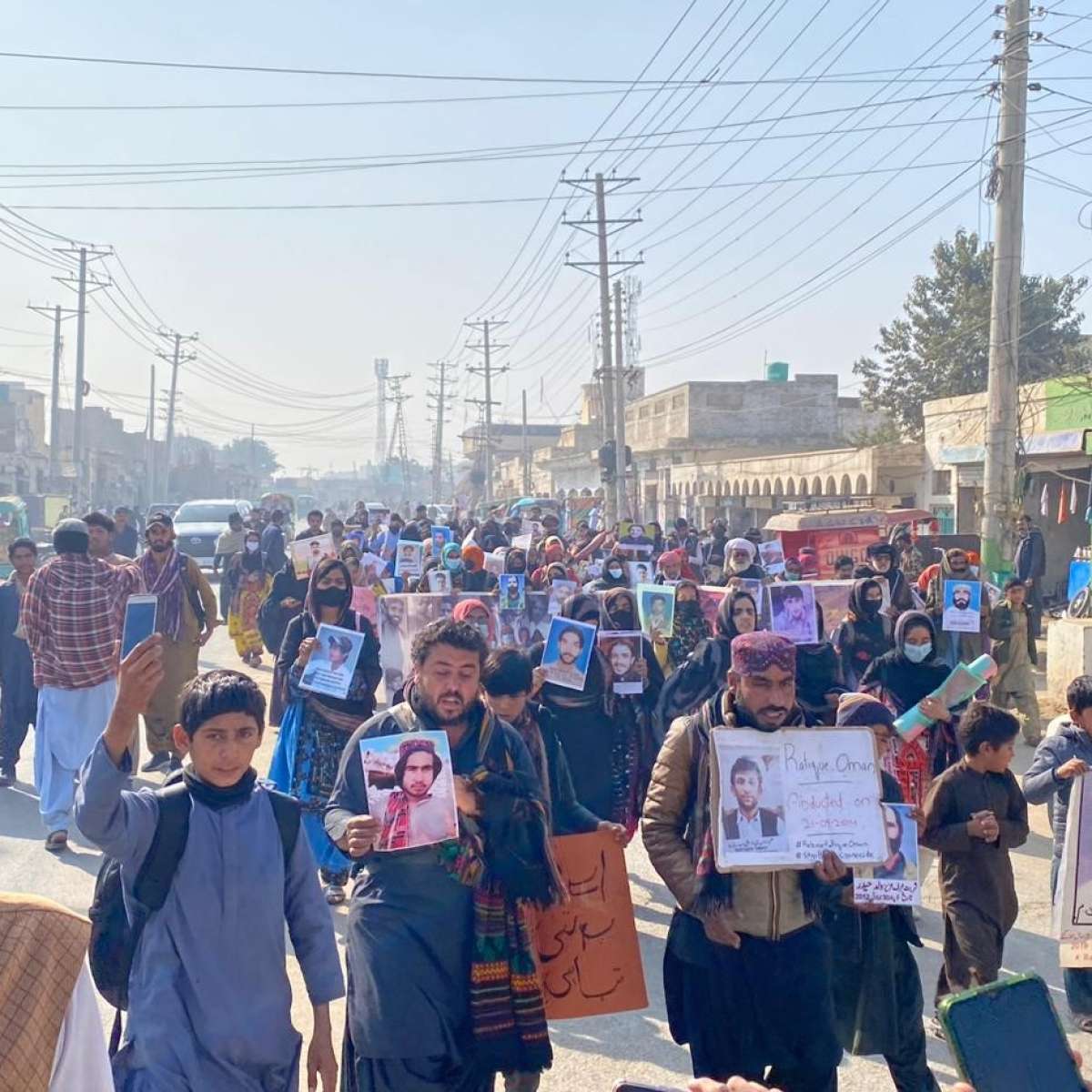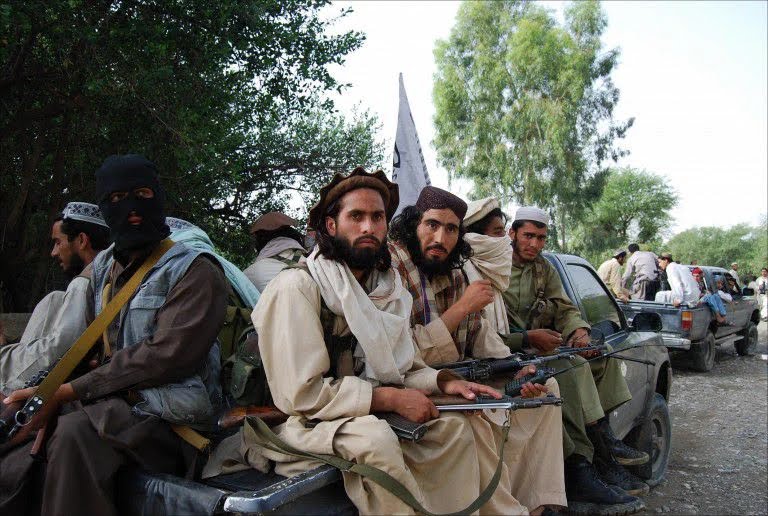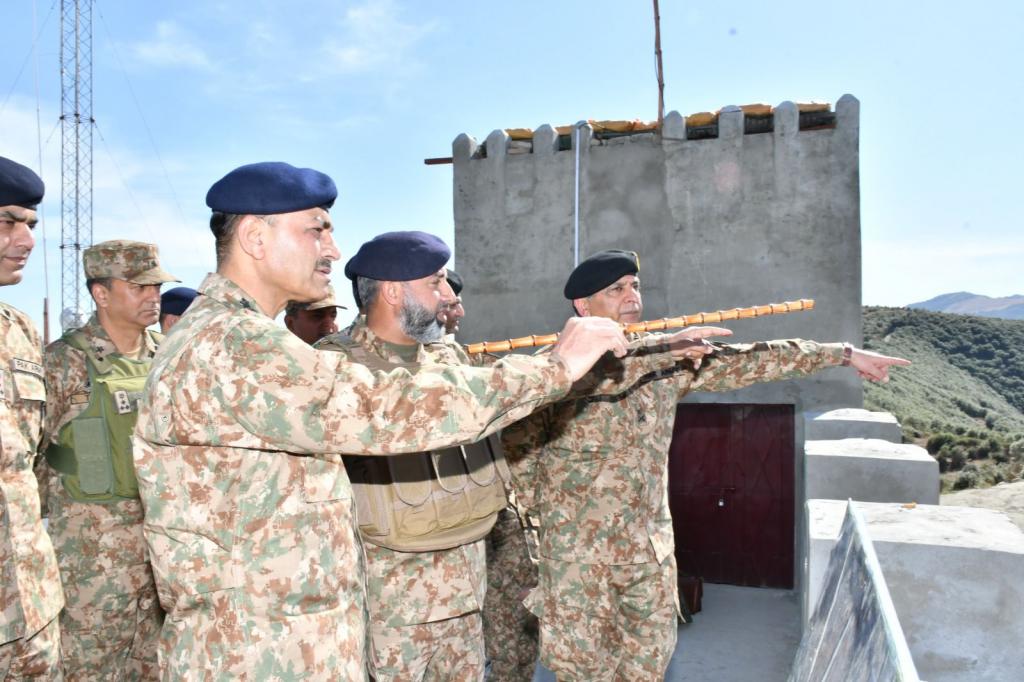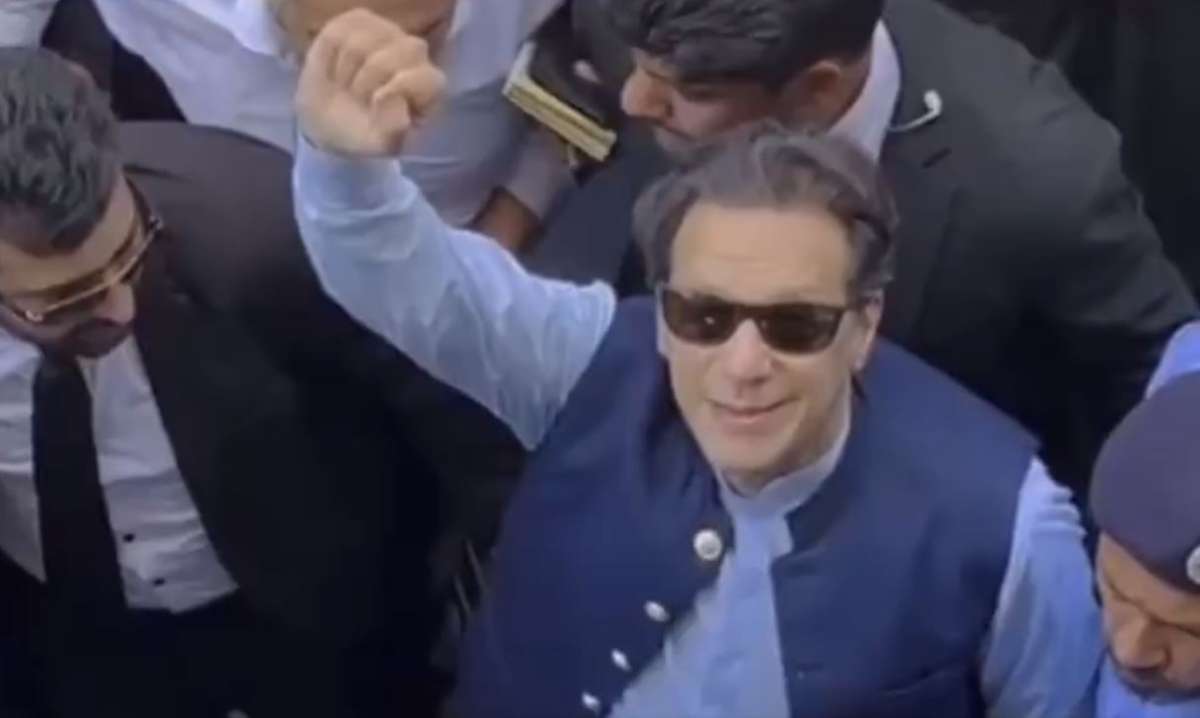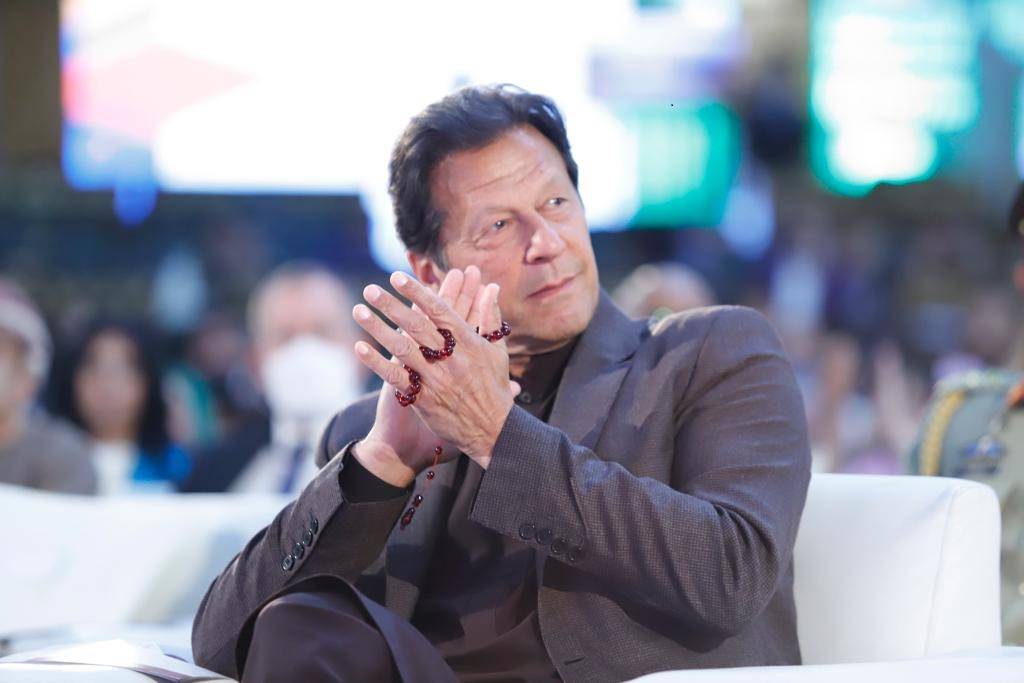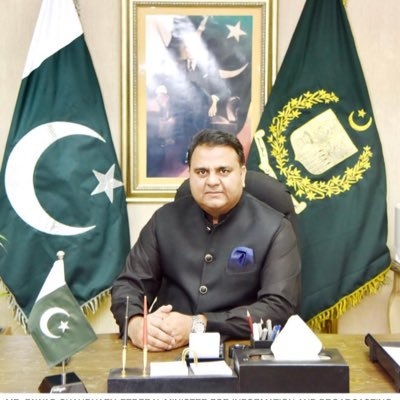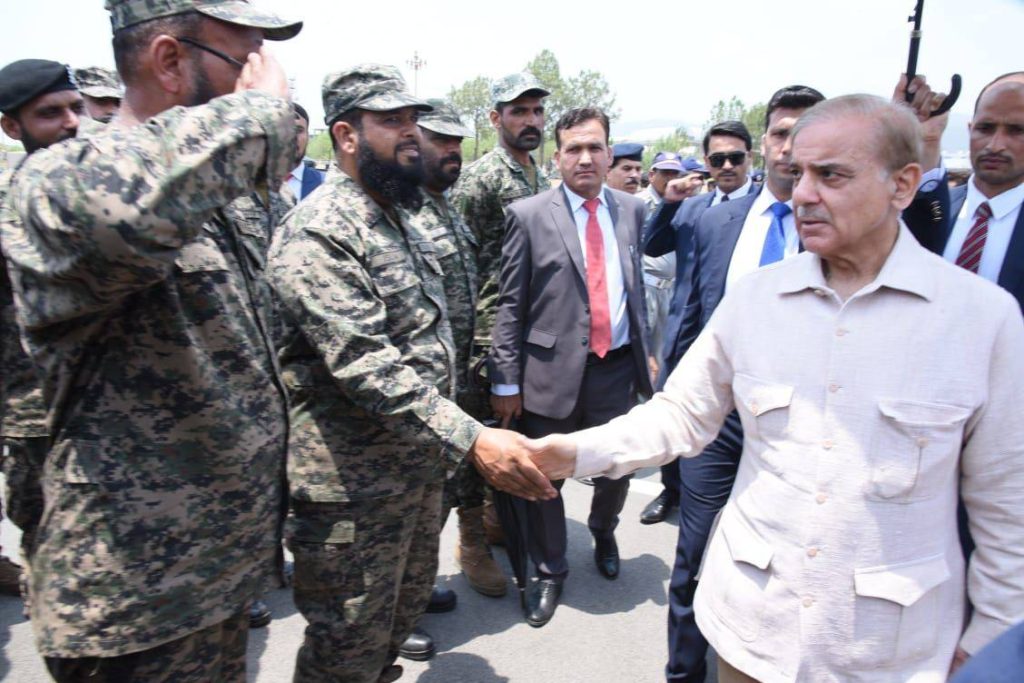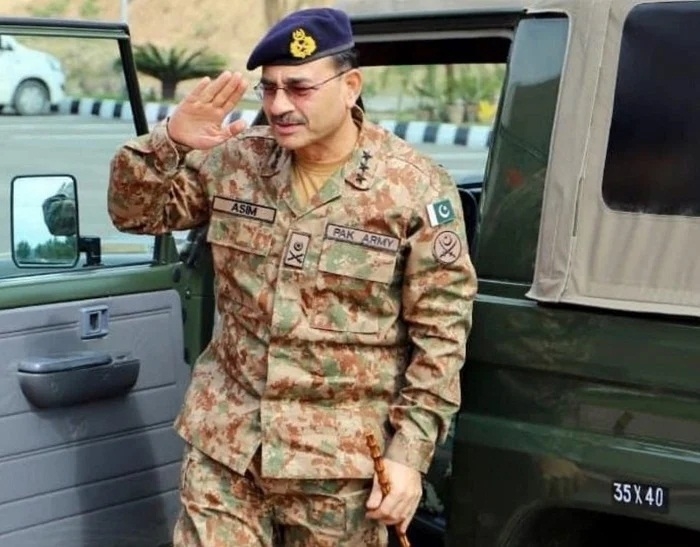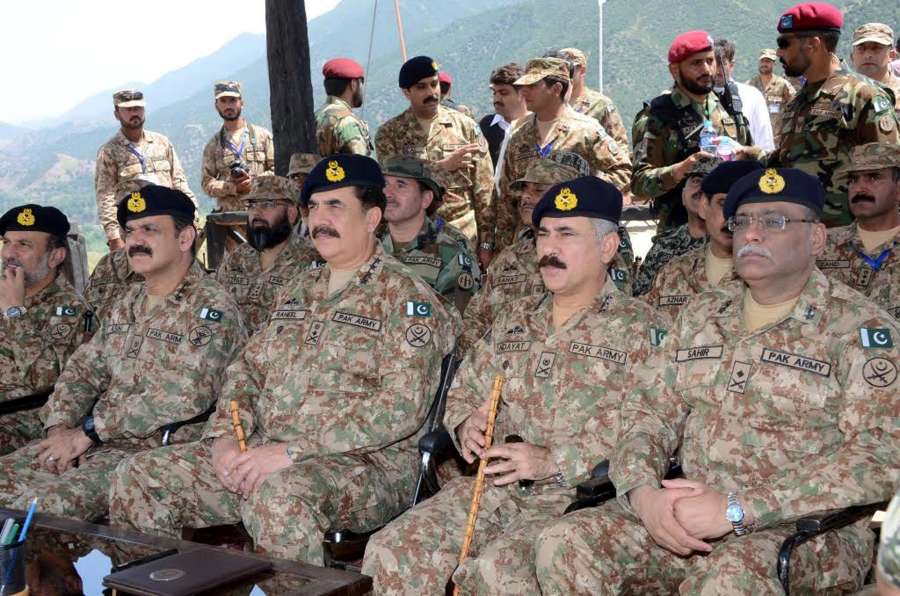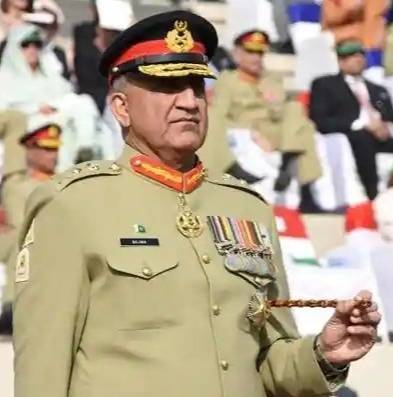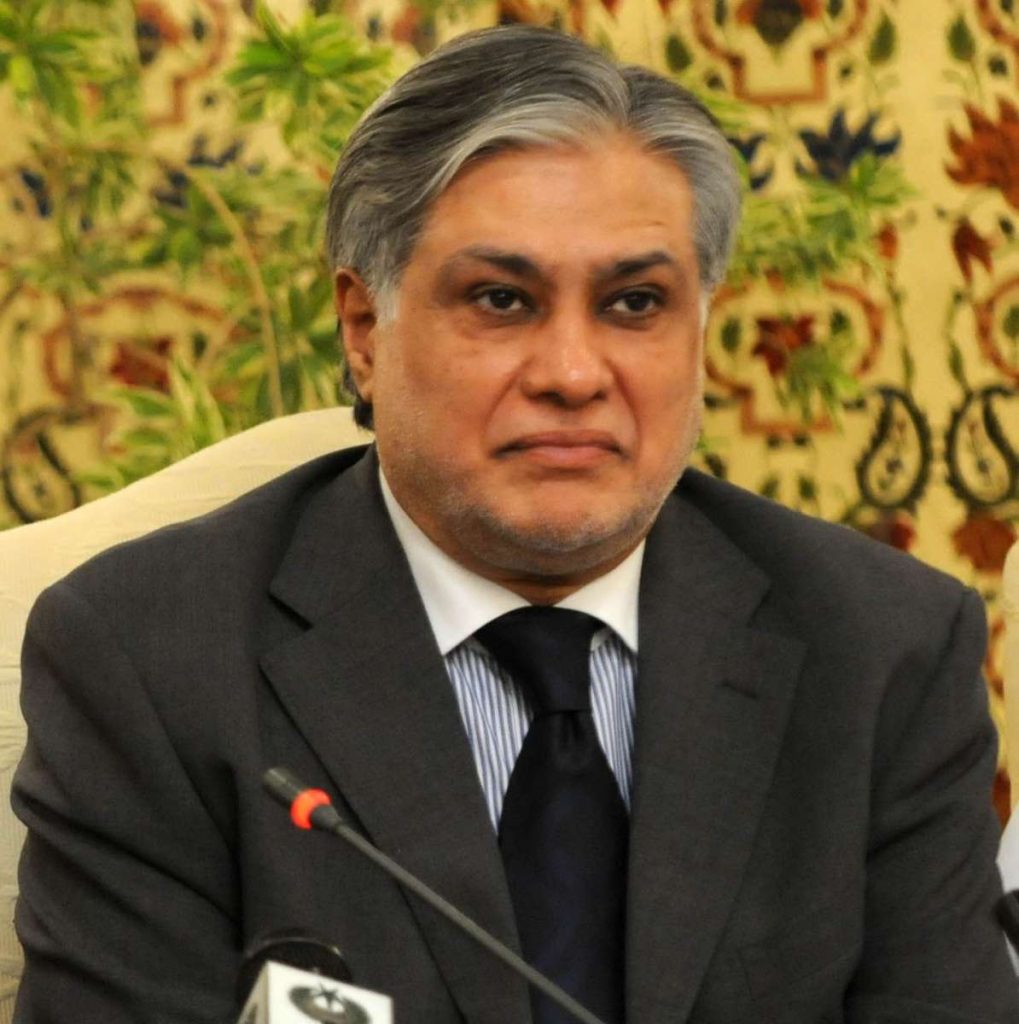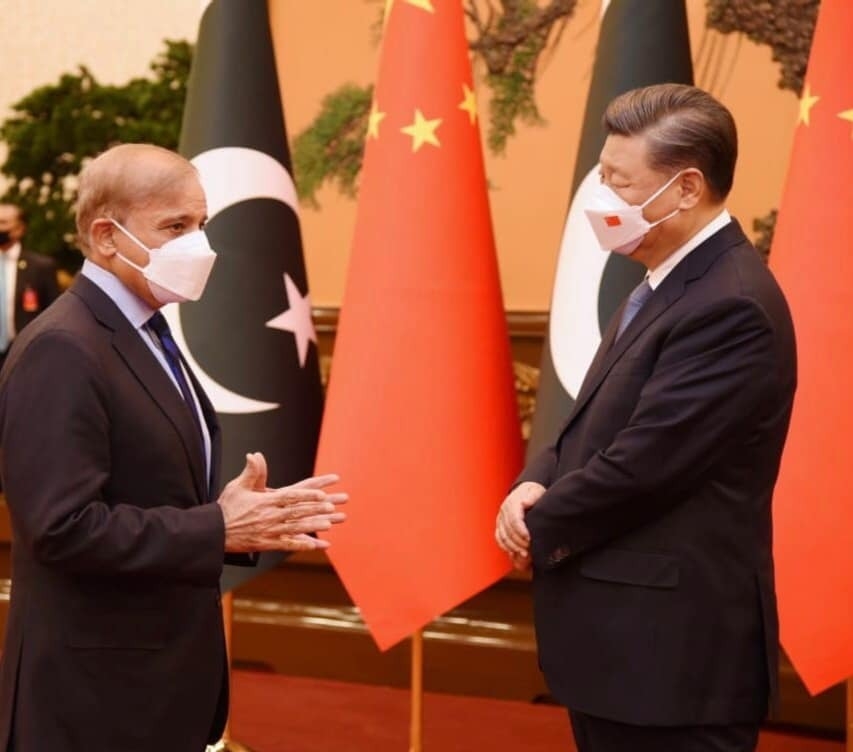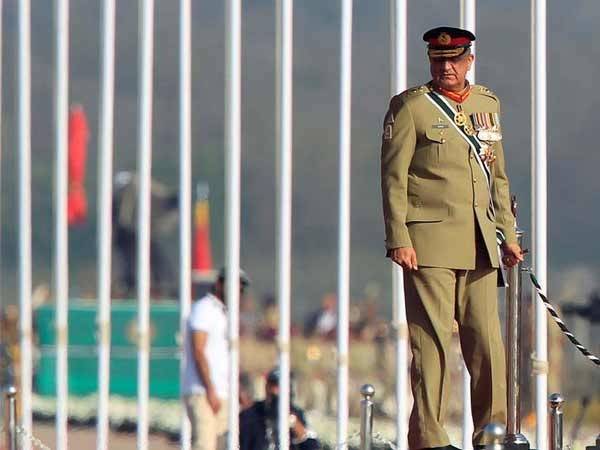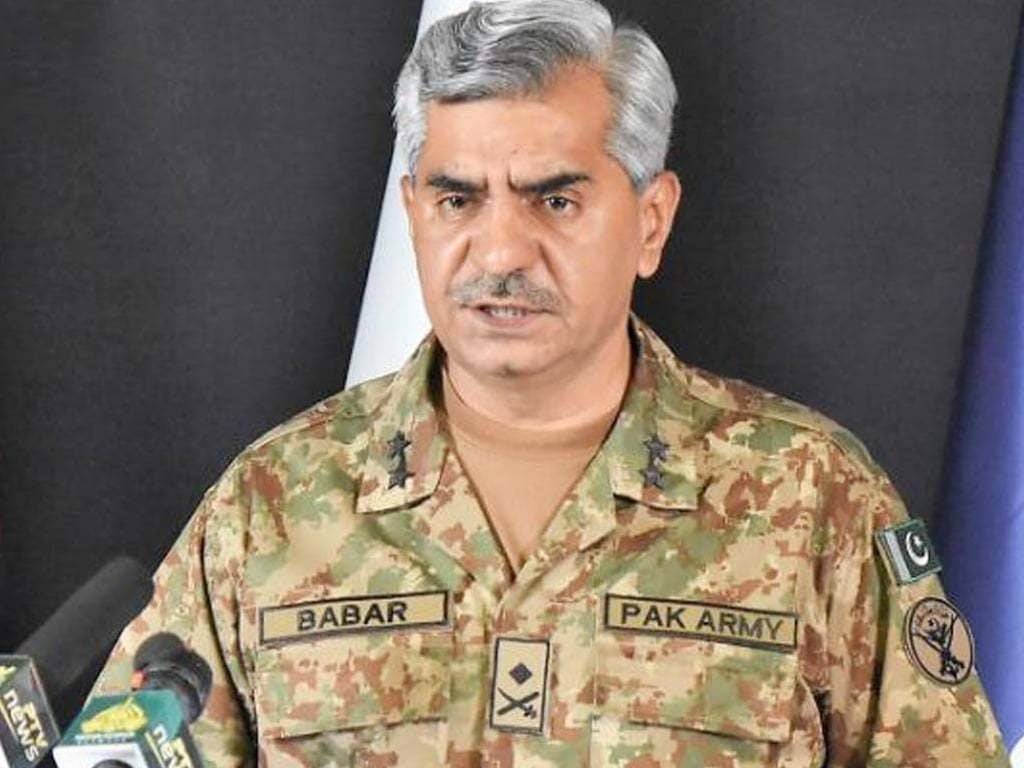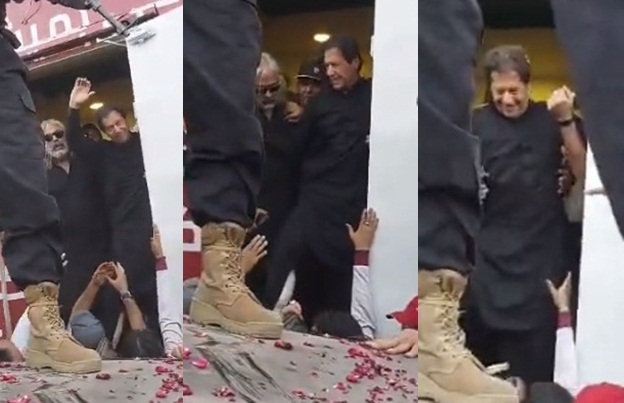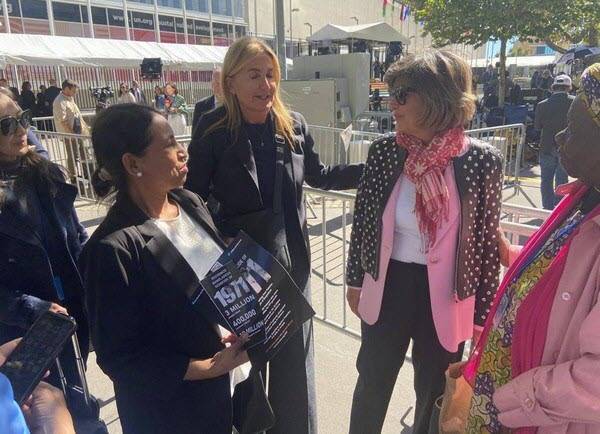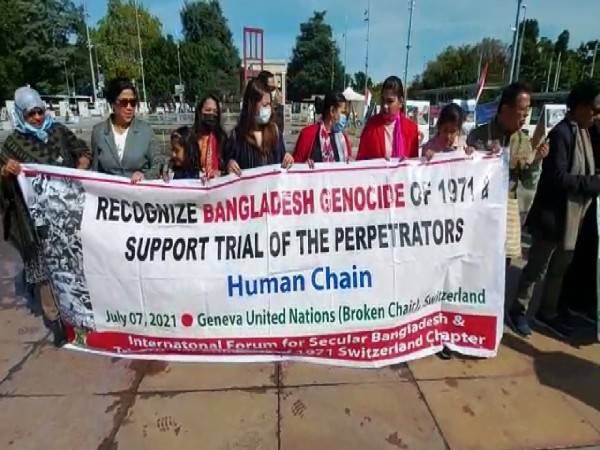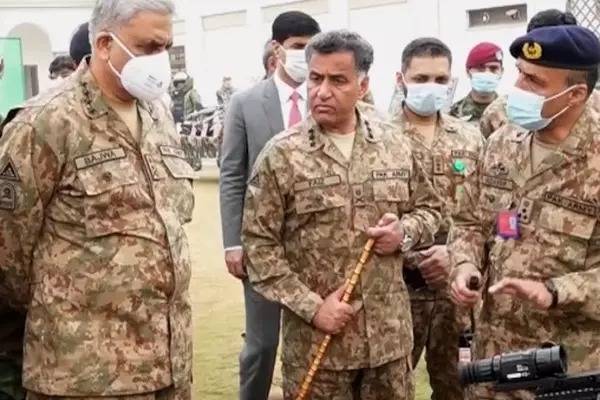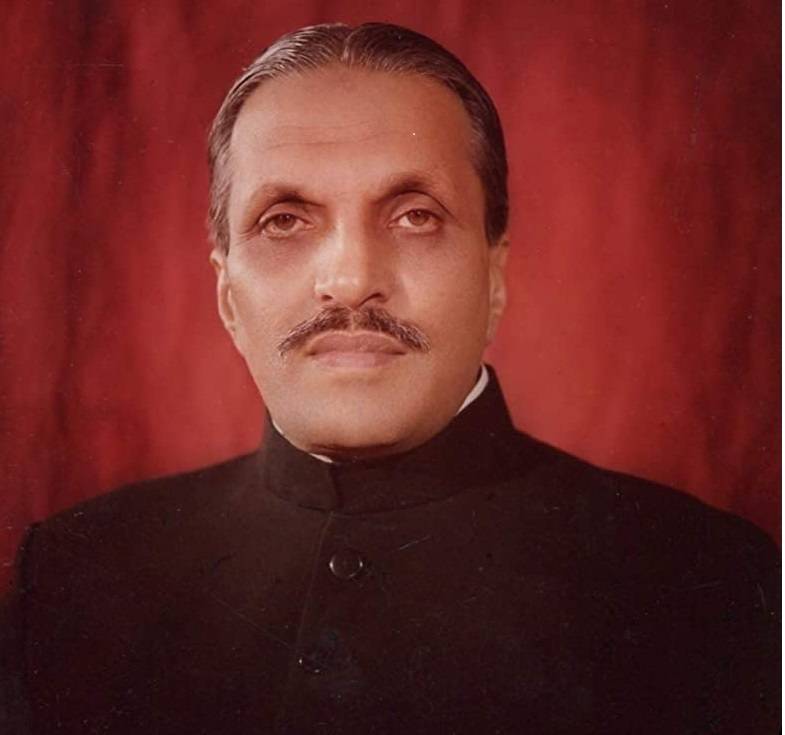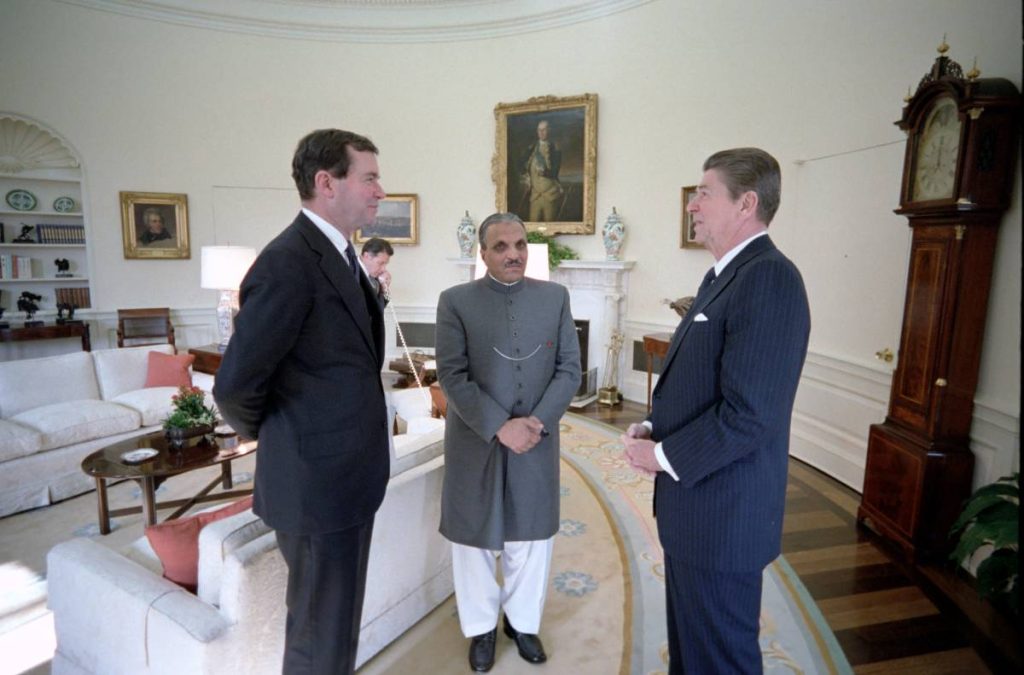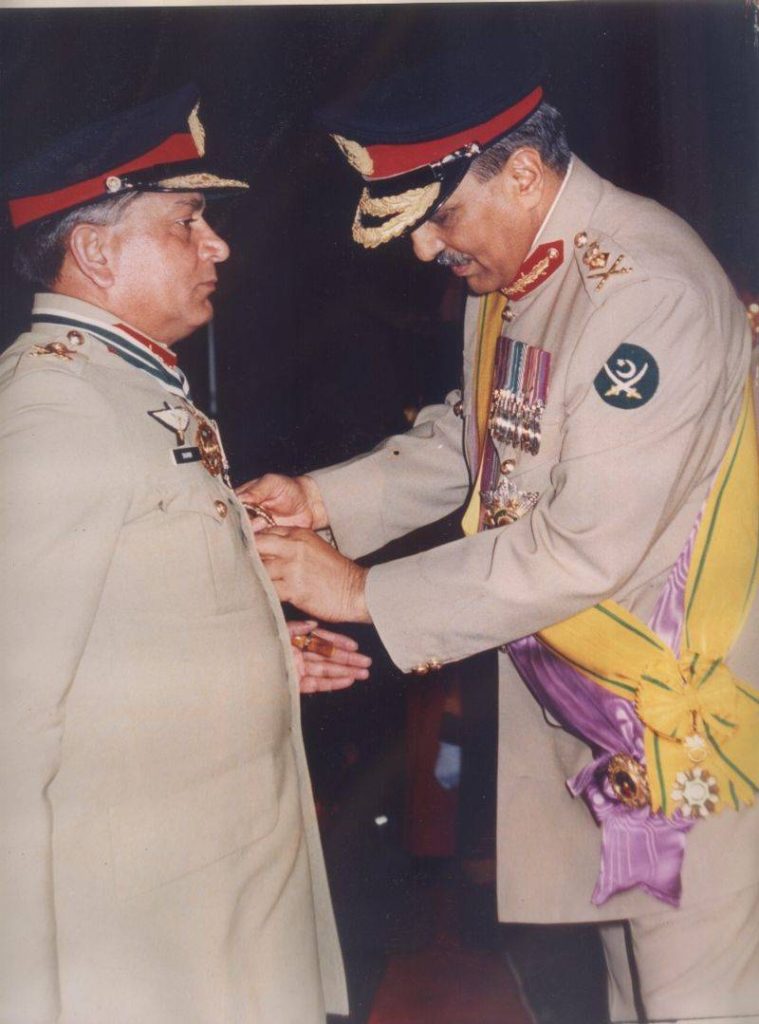The Baloch Long March is being orgainsed by the Baloch people who have called for an end to state terrorism and massacres in Balochistan….reports Asian Lite News
The Balochistan Yakjehti Committee’s extensive march protesting the alleged Balochi genocide has departed from Dera Ghazi Khan and is presently on its way to Taunsa Sharif.
The Balochistan Yakjehti committee shared images and videos of people taking part in the ongoing long march en route to Taunsa Sharif.
While sharing the videos and images on X, the Balochistan Yakjehti Committee wrote, “The caravan of the ongoing long march against the Baloch genocide has left Dera Ghazi Khan, the next stop will be Taunsa Sharif!
Mehrang Baloch, a political worker, said that their long march has left from Dera Ghazi Khan. She urged people of Dera Ghazi Khan, Taunsa and Dera Ismail Khan to participate in the march.
In a post on X, Mehrang Baloch wrote, “Despite all the threats and conspiracies of the state, our long march has now left from DG Khan, we strongly appeal to the people of DG Khan, Taunsa and DI Khan to be a part of this caravan in maximum numbers. No power in the world can defeat people power.”
Earlier, the Balochistan Yakjehti Committee said that the administration was forced to remove the obstacles in front of the transport vehicles before the long march starts. It further said that the long march will now be held as per schedule.
In a post on X, Balochistan Yakjehti Committee stated, “The administration has been forced to remove the obstacles in front of the transport vehicles before the long foot march begins. Now the long march will go back to Taunsa today according to its schedule. Today there will be a meeting in Taunsa where the brave Baloch people of Taunsa are requested to participate fully. After Dera Ghazi Khan, the Ghayors of Taunsa appeal to the Balochs to fully participate in the long march.”
Earlier, the Balochistan Yakjehti Committee said that the long march against the blocking of transport across Dera Ghazi Khan and threats to travellers has left Dera Ghazi Khan on foot towards Islamabad.
In a post on X, the Balochistan Yakjehti Committee stated, “The long march against the blocking of transport across Dera Ghazi Khan, threats to travelers and state conspiracies has left DG Khan on foot towards Islamabad.”
“The state cannot stop the long march by stopping the transport, the long march will in any case go ahead for the recovery of their loved ones and against the ongoing genocide and state terrorism in Balochistan. Dera Ghazi Khan, on a long march from the Ghayur Baloch of Taunsa We invite you to actively participate and be a part of it,” it added.
Notably, four students from Ghazi University were detained by police two days prior for setting up a welcome camp for the protesters. Shaukat Ali, Asif Leghari, Miraj Leghari, Abdullah Saleh, and ten other people–including women–were taken into custody due to their alleged violations of Section 144 of the Code of Criminal Procedure, which forbade public meetings and was enforced by the district government, Pakistan-based Dawn reported.
The Baloch Long March is being orgainsed by the Baloch people who have called for an end to state terrorism and massacres in Balochistan.
Earlier, in Turbat, Balochistan, the Long March faced resistance as at least 20 participants, including women, were detained as the Baloch Yakjehti Council’s (BYC) long march reached Dera Ghazi Khan, Dawn reported.
Led by Mohammad Asif Laghari, the BYC’s long march was intercepted on Shah Sikander Road. The police claimed the participants resisted, leading to the detention of several men and women, although the women were later released.”
Baloch Solidarity Committee’s Dharna is continuing at DG Khan, Gadai Changi, but the police have blocked the road from all sides and are continuously harassing and harassing the Baloch people participating in the dharna,” posted the Baloch Yakjahti Committee on X.
ASP City Rehmatullah Durrani informed protesters of the imposition of Section 144, prohibiting processions or rallies, a directive the participants defied.Legal proceedings have been initiated under Section 144, with police warning of action against violators until December 19, according to police. (ANI)
ALSO READ: Massive Turnout in Baloch March Against Genocide
ALSO READ: Rights Activist Arif Aajikia Sounds Alarm on Heritage Erosion in PoK

